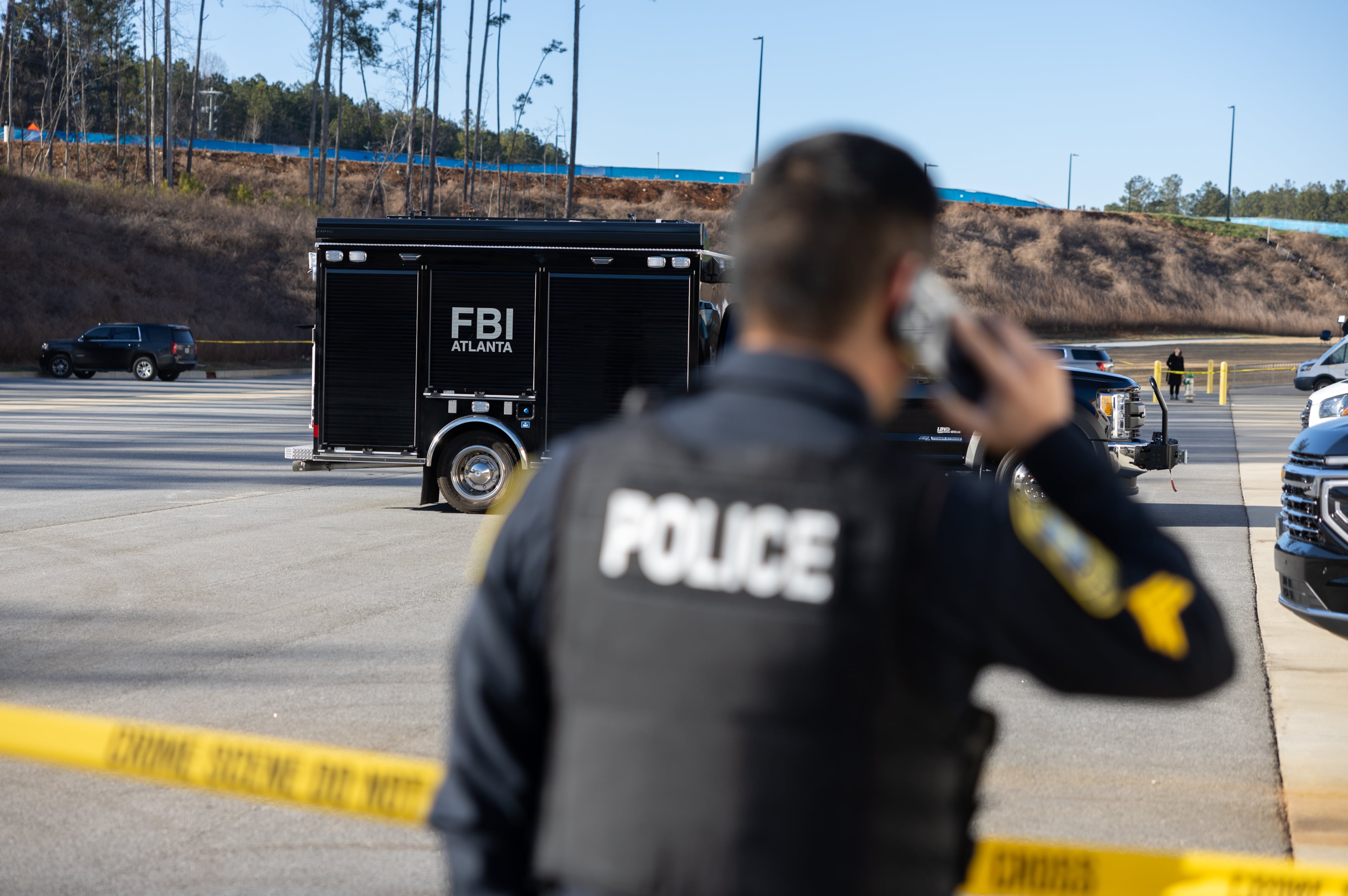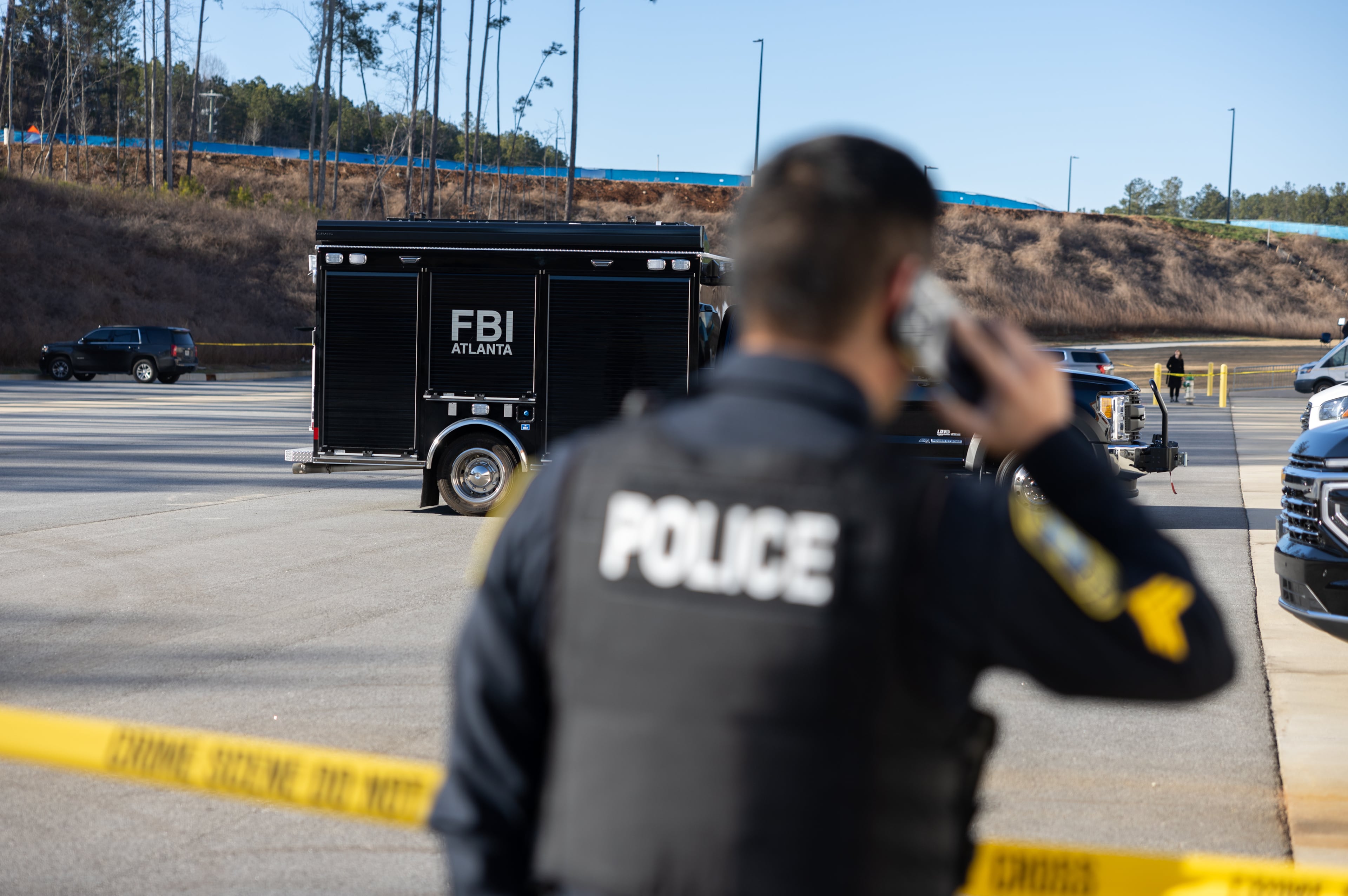EXCLUSIVE: Special grand jurors pleased with Fulton RICO indictment

One snuck glances at news sites throughout the day. Another stayed up late to watch Fulton County District Attorney Fani Willis’ press conference. A third went to bed early and woke up to dozens of text messages.
That’s how three of the Fulton residents who served on the special grand jury that helped Willis examine evidence of interference in Georgia’s 2020 election found out that former President Donald Trump and 18 others had been indicted on racketeering and other criminal charges.
In exclusive interviews with The Atlanta Journal-Constitution, the three jurors, who requested anonymity out of concern for their safety and privacy, described the surreal experience of watching Willis and her team announce the charges late Monday. The 98-page indictment heavily references evidence and testimony the special grand jury had heard firsthand behind closed doors last year, they said.
“I’ve tried to just move on a little bit, but last night definitely put into perspective how different this indictment is compared to every other one that’s come across,” one juror said Tuesday. “I think it made me realize I was a part of something really unique.”
The special grand jury met for almost eight months beginning in May 2022. It approved subpoenas and legal summonses and also heard testimony from nearly 75 witnesses, including former White House Chief of Staff Mark Meadows, Gov. Brian Kemp and U.S. Sen. Lindsey Graham. Unlike the separate, regular grand jury that voted on a “true bill” of indictment against Trump and others on Monday, the special grand jury essentially functioned as an investigative body for Willis solely focused on the 2020 elections investigation.
At the end of its service late last year, the special grand jury authored a final report, which made a series of indictment recommendations to the DA. The bulk of its suggestions were sealed by a Fulton Superior Court judge early this year after Willis asked for time to make indictment decisions.
In the months since, the special grand jurors collectively decided not to speak publicly about their recommendations, even though they were technically allowed to do so under Georgia law. In a previous interview with the AJC, five jurors said they didn’t want to jeopardize the work of Willis and her colleagues, whom they said they immensely respect.
But in interviews on Tuesday, three jurors suggested the charges announced by Willis largely fall in line with what they had recommended.
“This is pretty on point,” one juror said.
Each said they were satisfied with the resulting indictment and Willis’ approach using Georgia’s sweeping racketeering law.
“When I woke up this morning and started looking at the news it was relief that I was feeling,” said another special grand juror on Tuesday. “It was like, ok, what we did and the time we spent meant something because (the DA) agreed with us. And now another group of people looked at all the facts and the information and they all came to the same resolution that we did.”
Said another, “I’m really proud of the work that we did and I can see the opinions and feelings of the jury in this indictment.”
It is the AJC’s policy not to publish the identities of jurors without their permission.
The jurors said they were mostly familiar with the information included in the indictment. But one said he was surprised at the extent to which the DA incorporated events that took place outside of Georgia to argue there was a broad criminal conspiracy. Another expressed surprise that only 19 people were charged in the indictment given the volume of evidence the jury heard about others.
“A lot of people aren’t named,” said the juror. She added that over the course of the special grand jury’s service, “we talked to a lot of people, so I’m actually impressed at how they got down to a list of this many people.”
The indictment makes reference to 30 unnamed, unindicted co-conspirators.
In the seven months since their service officially ended, the jurors have taken various levels of interest in the case. Some have disconnected, telling other jurors that they wanted to move on and didn’t want to be contacted. Others say they’re emotionally invested. Some stay in touch via a group text to share headlines and reaction.
The three jurors said they hope their final report will be released to the public soon. Not only so that the public can see what they recommended, but so they can refresh their own memories.
“Come on,” one juror said. “The indictments are out. Let’s show the work that we did.”
A coalition of media organizations led by the AJC has been pushing to unseal the full contents of the report, which it has argued is in the public interest. On Wednesday, the coalition renewed its push in a new filing in Fulton Superior Court.
“For the same reasons the Indictment is a public record, the Final Report should be published to permit the public to understand the scope and scale of the investigation that informed the Indictment’s charges,” the coalition argued.
Looking ahead, the jurors said they would like to see the legal system play out in this case.
“I just want to see justice done,” one said.
“I want it to not be ok to go on TV,” another said, “and spew lies to the media about fake elections... (so) people can have some sense of trust in the elections system again.”



